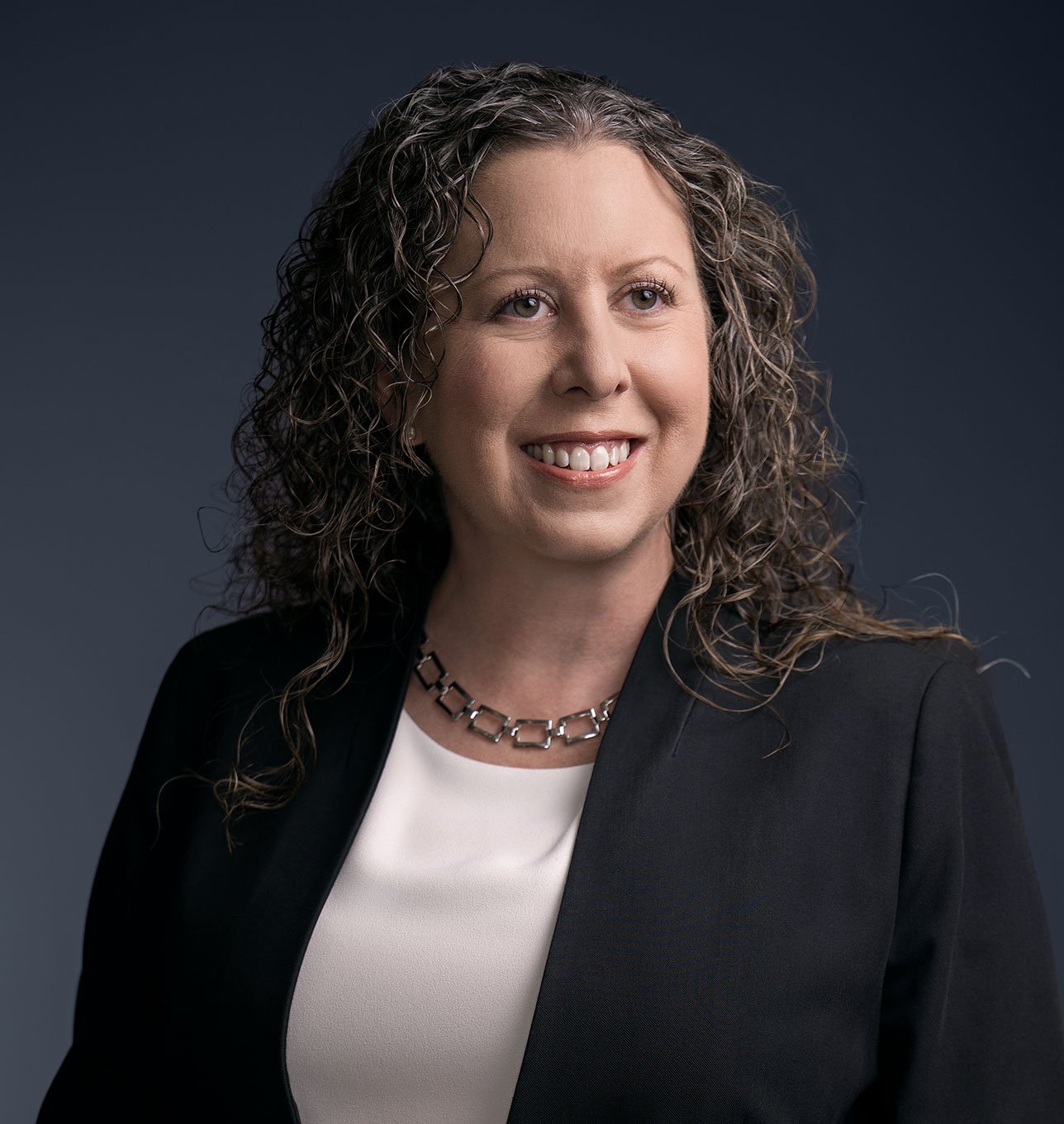California Becomes the Latest State to License Debt Collectors
On September 25, California Governor Newsom signed Senate Bill 908, enacting the Debt Collection Licensing Act (the “DCLA”), placing California with the majority of states that require consumer debt collectors to be licensed. Subject to a few exemptions, persons engaging in the business of debt collection in California (including debt buyers) will be required to submit a license application before January 1, 2022. Senate Bill 908 is just one of a number of consumer protection bills enacted in California in recent days, including a bill creating the state’s “mini-CFPB.”
Background
California has regulated debt collection practices for decades under its Rosenthal Fair Debt Collection Practices Act (the “Rosenthal Act”). While the Rosenthal Act imposes on debt collectors operating in California practice requirements and restrictions that are similar to those imposed under the federal Fair Debt Collection Practices Act, the Rosenthal Act does not impose a licensing or registration obligation. Rather than amend the Rosenthal Act to include a licensing obligation, the California legislature instead opted to create a new standalone statute which will be codified in a new division of the state’s Financial Code.
License Requirement
Under the DCLA, “[n]o person shall engage in the business of debt collection in [California] without first obtaining a license pursuant to [the DCLA].” As worded, the DCLA’s license obligation applies to first-party and third-party debt collectors. The DCLA defines a “debt collector” to mean “any person who, in the ordinary course of business, regularly, on the person’s own behalf or on behalf of others, engages in debt collection.” A debt collector expressly includes a debt buyer as defined under the Rosenthal Act. “Debt” is defined as a consumer-purpose obligation due or owing by a natural person, and expressly includes consumer mortgage loans and “charged-off consumer debt.”
Exemptions
There are a number of potential exemptions to the provisions of the DCLA. Specifically, the DCLA does not apply to most depository institutions; licensees under the California Financing Law, Residential Mortgage Lending Act (“RMLA”), or Real Estate Law; nonjudicial foreclosure trustees; and student loan servicers; among others. The exemption for RMLA licensees means that entities licensed in California to service mortgage loans do not also need to obtain a debt collector license under the DCLA.
Administration and Enforcement
The DCLA will be administered by the Department of Business Oversight (“DBO”), which pursuant to California’s mini-CFPB legislation is slated for reorganization and renaming as the Department of Financial Protection and Innovation (“DFPI”). The DCLA does not impose much in the way of substantive requirements, which is not surprising given that the Rosenthal Act serves that purpose. However, DCLA licensees must obtain a surety bond, file an annual report and pay an annual fee.
The DBO/DFPI will have the authority to investigate and examine licensees and enforce the provisions of the DCLA and the Rosenthal Act against both licensees and entities exempt from licensure. The DBO/DFPI is authorized to adopt regulations to implement the DCLA, and may offer the debt collection license through the Nationwide Multistate Licensing System (“NMLS”), which should streamline the application process for companies that currently have an NMLS record.
Effective Date
The DCLA generally takes effect January 1, 2022, but the DBO/DFPI is required as of January 1, 2021 to begin preparing to administer the statute, including adopting regulations. A debt collector that submits a license application prior to January 1, 2022 will be allowed to operate while the application is being processed. Additional information on how the state intends to apply the DCLA should become available as the DBO/DFPI proceeds with its implementation of the DCLA.




